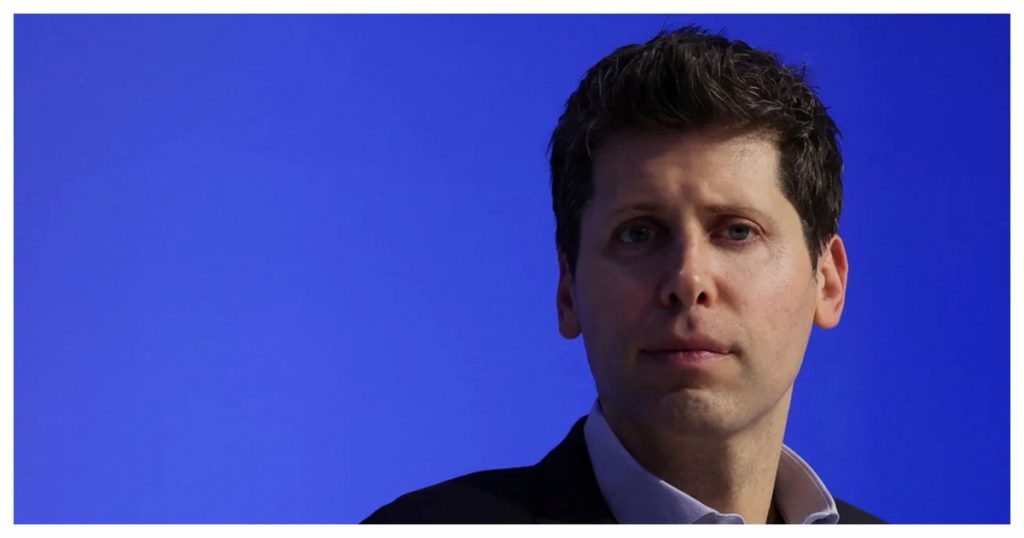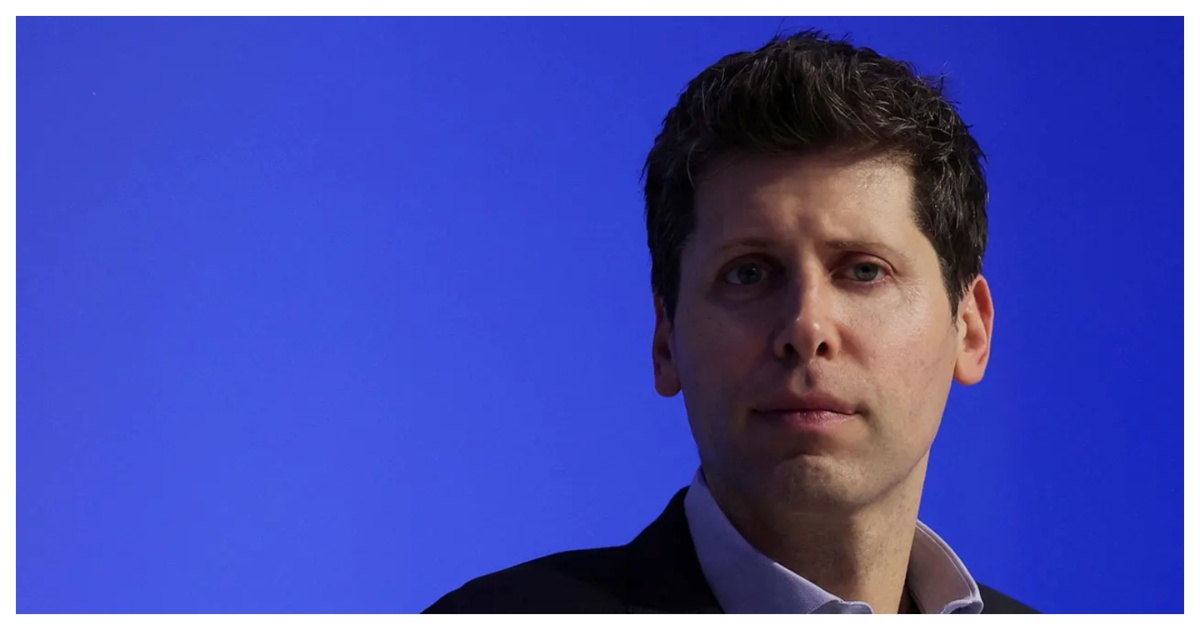After more than two years of jibes from technologists, trolling, and lawsuits, OpenAI seems to be reconsidering its policy of not releasing open-source models.
OpenAI CEO Sam Altman has said that his company has likely been on the wrong side of history for not releasing its models as open-source. Altman made the comments during a Reddit AMA. “Would you consider releasing some model weights, and publishing some research,” Reddit user lolzinventor asked him.

“Yes, we are discussing,” Altman replied. “I personally think we have been on the wrong side of history here and need to figure out a different open-source strategy. Not everyone at OpenAI shares this view, and it’s not our current highest priority,” he added.
Sam Altman’s comments came days after Chinese AI lab DeepSeek had released their model R1, which appeared to be on par with OpenAI’s top o1 model on most benchmarks, and was priced at an over 90 percent discount. But while OpenAI didn’t release the model weights or any technical details for its model, DeepSeek released its model as open-source with an MIT license, which meant that anyone could access and modify it. DeepSeek also released a detailed technical paper of how they’d built the model, and other labs are currently trying to replicate their results.
This is in stark contrast to OpenAI’s approach over the last two years, which has involved releasing virtually no details about its models. This approach has its critics — Elon Musk, in particular, has often called out OpenAI, saying that its methods were far from “open”, and alleging that the company had strayed from its original mission. Some other companies, too, have chosen a different path — Meta, in particular, has chosen to make its Llama models open-source, and its chief AI scientist Yann LeCun has repeatedly said that open-source models would eventually win.
But there have been some vociferous criticism to open-source models as well. Geoffrey Hinton, who is known as one of the godfathers of AI and was awarded the Nobel Prize last year, has lambasted companies which release their models weights, saying it’s akin to making nuclear weapons available at Radioshack — Hinton fears that bad actors could modify these powerful models towards their own nefarious ends, and wants models to not be made accessible to everyone. OpenAI, however, seems to have given its first signs of moving over to the open-source camp, right after a Chinese model has seemingly managed to catch up to its latest publicly-available model. It remains to be seen whether OpenAI actually open-sources some of its models going forward, but it might have made the first indications that it’s seriously considering doing so.
